Interview with Prof. Dr. Björn Ivens

Prof. Dr. Björn Ivens
- Since 2009: Head of the Chair of Sales & Marketing at the University of Bamberg.
- Before, he held a professorship for marketing at the business and economical faculty of the University of Lausanne (Switzerland).
- Spokesperson of the Bamberg Graduate School of Business Administration (BaGSB).
- Member of the Research Center for Business Models in the Digital World in cooperation with Fraunhofer IIS.
Interviewer: Prof. Dr. Barbara Niersbach (BN)
“I wish that we really and deeply will enjoy getting together in the near future in this wonderful community and that we maintain the spirit which is a very friendly one where everyone is hardworking, everyone is serious and rigorous about the research. Mutual respect is the one thing that I think characterizes this community so wonderfully and my wish would be for everyone to keep up the good spirit” (Prof.Dr. Bjoern Ivens)
BN: Björn, for many years you are involved in B2B Marketing and Sales research. Could you tell us more about your main research areas?
BI: First of all, I think that there is a very clear bias – if you look at marketing and sales research -towards business to consumer research; and that applies to conceptual as well as empirical research. I am very happy to be part of a very select group of people who focus their research on business markets.
I appreciate very strongly that so many companies on B2B markets are open to speak to scholars about the topics that the researchers are interested in; and the researchers become interested in these topics at least to a certain extent because the companies are in interaction with them, and it’s a very nice situation in many cases.
For example, later today I will be talking to people from an industrial company about their implementation of virtual reality applications and I think that it is just wonderful that companies are open to discuss their approaches, their ideas, their tools that they are using, with us. I think what is fascinating for me is the fact is that B2B markets constitute rich environments, they are very diverse. And through this, there are very different topics that you can study.
The ones that I focus most on are intra- and inter-organizational relationships particularly in the form of Key Account Management, Global Account Management, Strategic Account Management whatever you call it. I am also very much interested in B2B pricing, especially organizational pricing processes. The third big topic is the whole digitization process of b2b markets, the digital transformation, the motives, the instruments, the outcomes. Finally, the way how companies approach the challenges of sustainable development on B2B markets fascinates me, because the derived demand on B2B markets forces entire networks to think sustainability together, a field one could refer to as “open sustainability”.
BN: Talking about this third big one: where do you see the main challenges in this research area? Digitization and b2b markets.
BI: I think one of the main challenges is that it is a topic that involves many different perspectives – both on the research side and in the application side in companies. So of course, you need an inside expert in information systems, secondly you need the data scientists and thirdly you need the people who will apply the digital tools. You need to bring together these different people and, of course, companies need to coordinate these different people and bring them together in any digital project. But the same is true for research. We as sales and marketing scholars should work together and can work together with people from data science, information systems but also psychologists, sociologists, people in strategy – so it’s a wonderful interdisciplinary topic.
BN: What other future trends between b2b marketing and sales research?
BI: One of the trends that has already been going on for a while is the fact that business to business research is extremely multi-method focused. There is a wide range of methods that are applied to B2B research, which distinguishes B2B research at least in some parts from the mainstream B2C research, and I think one of the trends is still going to be for B2B researches to always look for new methodologies that are developed in many cases in another disciplines and to make use of the huge potentials that the new methods or methodologies bring. That’s the first trend.
The second trend I think is that B2B researchers are at a crossroad where some of the established concepts that have been used for a long time – for example, some of the conceptual frameworks from the industrial marketing and purchasing group that have proven to be very valuable – can be and should be questioned, not in the sense that they will become irrelevant, but in the sense that we may need to adapt them to the new digital world. I think there is a trend in the community right now to look at the well-established frameworks again, and not to throw them into history’s dust bin, but to update them, to extend, to modify them, just to make them valuable for research into the digital B2B world.
BN: Very good, while talking, methodology that was going to be my next question, which methodologies in concrete do you consider to be important in B2B marketing research?
BI: I think that – and I come from a quantitative background – qualitative research has a lot of potential for the future and has already allowed us to understand a large number of phenomena in the past. I think that B2B markets are particularly well prepared for research projects that are qualitative in nature, whether it is single case studies, whether it is qualitative interview approaches, observations also in some fields. So, I think that qualitative approaches have high importance for us to always be able to understand the next move of the markets and the ecosystems in B2B contexts.
BN: Which challenges have you faced in your own research activities?
BI: The first challenge is to always remain open minded and curious. We cannot assume that what we know today will be valid in ten or twenty years from now. The world is moving so fast and so the first challenge is really to remain as dynamic as the environment. The second, I think, is to always maintain the contact with the industry, with other researchers, and more generally also with the political developments that are going on. Because if there is one thing I think that we may need to consider more in B2B Sales and Marketing research, that is, to integrate political perspectives more into our research. So far, it has often been a bit more focus on for example relationships between two companies and a little bit less on the context which they are embedded in, although in the basic IMP model, for example, the environment and the atmosphere surrounding a relationship are represented and seen as essential elements to be able to understand business relationships. But still, there is more to be done regarding this specific topic.
BN: Looking at companies in the B2B environment: which challenges do you think they actually face due to actual market development, and do you see any differences in Germany, in Europe and in global activities?
BI: I think there are several very operational challenges right now, starting with supply chains that have become highly complex. It gets ever more and more difficult for companies to get access to raw materials, but also to more developed components. And the second major challenge is purchasing prices, Costs explode on many markets, whether we talk about steel, paper, or other important basic inputs. But that is a more operative challenge, and I think there are additional strategic aspects to supply chain management and to prices in purchasing, including the sustainability challenge.
The second challenge that I hear a lot about it in the moment is the difficulty to recruit talent. More and more the situation has turned around, where companies used to receive hundreds of thousands of applications. Meanwhile, they are desperately searching for young well qualified talent. That’s the second challenge and I think there is a lot more to say about this situation.
The third challenge is definitely the sustainability challenge in the broad sense, to connect companies and sustainability activities with the political moves forward, like the national sustainability strategies and the united nations sustainable development goals.
BN: You talked about the network earlier like for you it is difficult to maintain context to other researches now we look at the b2b community it’s a smaller community than b2c and we know each other and we appreciate each other but do you have any idea how can strengthen the b2b community network also cross continent maybe?
BI: The first idea is that we need to go back to conferences. We all know that it was impossible in the past months, but we need to go back to places like CBIM where our network, THE B2B research network, starts. It’s always the personal contacts that establish a new network connection. Then I think the challenge is going to be also to be linked in an intelligent way to our research networks and integrate them with the digital mechanisms that we now have – not to throw them out of the window once we go back to the life conferences, for example. I think it’s a huge challenge for conference organizes to find the future model for building conferences that are as much as possible taking place in presence again but that allow participants to maintain the networks in a digital way.
I think there is a market space for one or two conferences to occupy a more central role in the future than they had in the past if they find an intelligent way for combining both. Having said that: I don’t have the golden key, I don’t know specifically how to do that, but I think for the community as a whole it would be worthwhile to discuss it and search for ways how to connect this small community in a clever digital/presence combination.
BN: Talking about young researches: what would you recommend them to focus on?
BI: I would recommend them to always start from the topic that they are interested in. I know that is more easily said than done, but to start off with a topic that they are interested in, because the road of research, the career road, is long and there are dry sections along that road and if you don’t work on topics that you can fully identify with, then you are definitely going to experience difficult times. Anyone experiences them somehow, at some point in their careers, but the one thing that helps you to go through the darkest nights is definitely having a topic that you are entirely interested in.
I know that in some organizations / business schools, it’s difficult because as a young researcher you are pushed into certain topics or certain research teams, and then of course, you need to first adapt to the situation. But sometimes it’s almost better to search for the organization that allows you to do research on the topic you really fancy, rather than to try to impose your favorite topic in your given organization when your organization is not interested in it.
BN: Thank you very much Bjoern!
